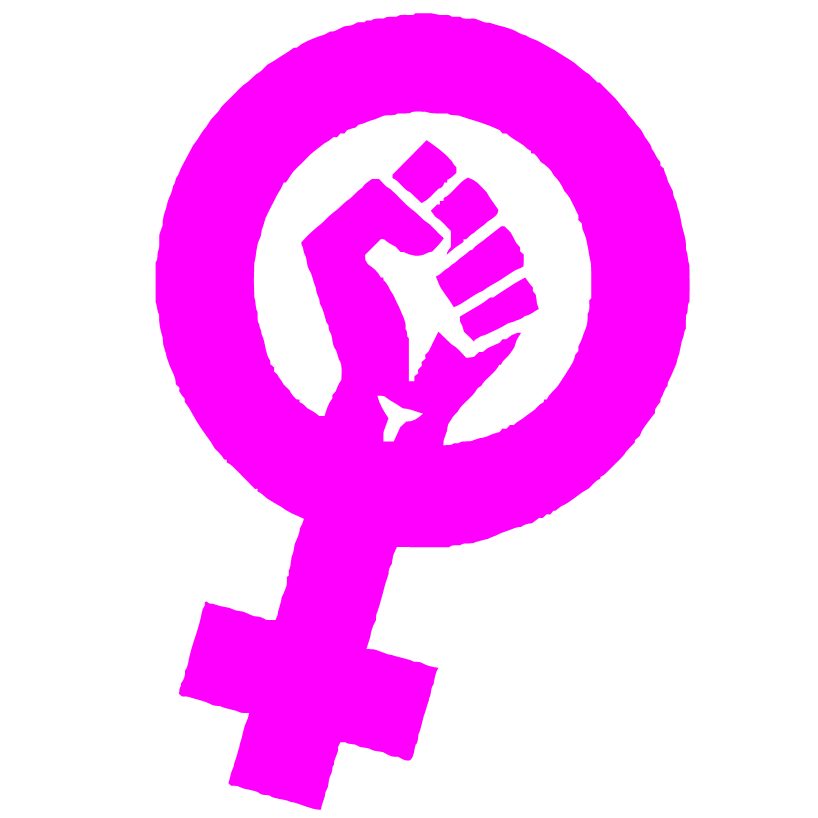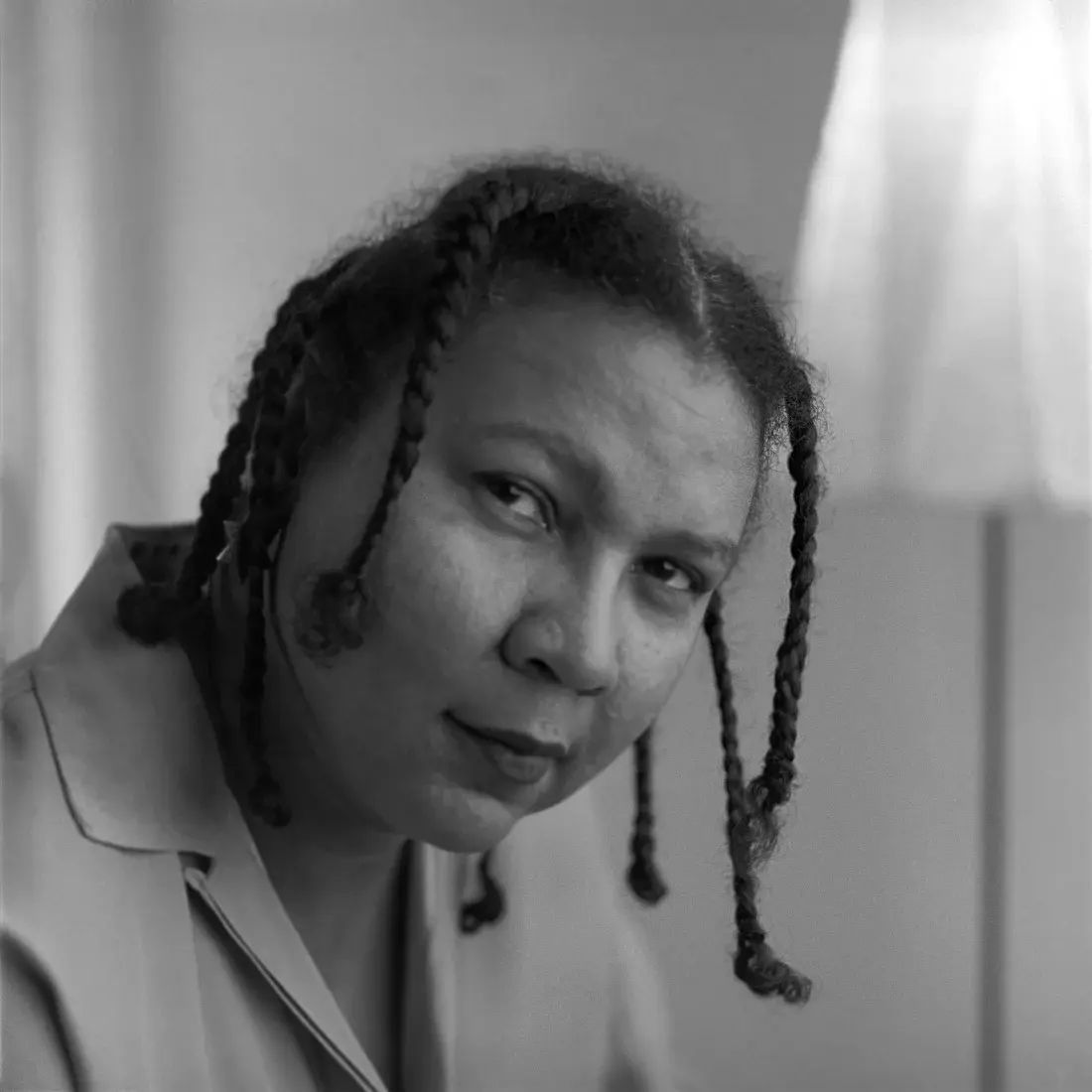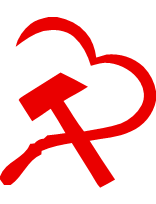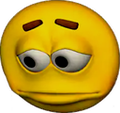So I feel like many of the concepts hooks discusses in these chapters are things I kinda already know just from being in leftist spaces and engaging with basic feminist ideas, but her perspective on these issues is really interesting and clearly comes from a place of genuine love and compassion for men, in stark contrast to the strawman chuds like to use of the raging, man-hating feminist (though hooks acknowledges those kinds of feminists do exist in a very small minority).
When she talks about how existing (particularly, early) feminist literature didn’t really have satisfying discussions of masculinity and specifically positive masculinity, I get the sense that the first waves of feminism lacked the materialist analysis that more modern intersectional feminism offers. Someone mentioned in the previous thread that this book is a pretty entry-level text and reading about the development of feminist theory really makes me want to read more (I’d love to do future book clubs on other feminist works).
What struck me the most in these sections was her example of her younger brother and how he changed dramatically once the patriarchy got its claws into his spirit:
In his younger years our brother was a loving presence in our household, capable of expressing emotions of wonder and delight. As patriarchal thinking and action claimed him in adolescence, he learned to mask his loving feelings. He entered that space of alienation and antisocial behavior deemed “natural” for adolescent boys. His six sisters witnessed the change in him and mourned the loss of our connection. The damage done to his self-esteem in boyhood has lingered throughout his life, for he continues to grapple with the issue of whether he will define himself or allow himself to be defined by patriarchal standards.
IMO this is a pretty universal experience for young boys in western patriarchal culture, I went through a similar shift when I was young and its kind of the first major heartbreak of a young kid’s life. Before I entered grade school I was a super cheery, loving, sensitive little kid who just wanted to be friends with everyone and spread the joy around, but other kids who already fully bought into our society’s fucked up expectations for men just sucked most of that out of me. I was bullied a ton in school for being sensitive and a little nerd with almost zero “macho” attributes. The cruelty inflicted on young boys, especially by OTHER YOUNG BOYS, is staggering and really drives home how violent patriarchy is towards both women and men and especially people outside of the rigid gender binary
The other big takeway from the section for me was hooks’ talking about her own experience being uncomfortable with her masc partner’s emotions:
When I was in my twenties, I would go to couples therapy, and my partner of more than ten years would explain how I asked him to talk about his feelings and when he did, I would freak out. He was right. It was hard for me to face that I did not want to hear about his feelings when they were painful or negative, that I did not want my image of the strong man truly challenged by learning of his weaknesses and vulnerabilities. Here I was, an enlightened feminist woman who did not want to hear my man speak his pain because it revealed his emotional vulnerability.
She compares this to her grandparents’ relationship:
...my mother’s father, Daddy Gus, found it easier to be disloyal to patriarchy in old age. He was the man in my childhood who practiced the art of loving. He was emotionally aware and emotionally present, and yet he also was trapped by a patriarchal bond. Our grandmother, his wife of more than sixty years, was always deeply invested in the dominator model of relationships. To macho men Daddy Gus, Mama’s father, appeared to be less than masculine. He was seen as henpecked.
This is fascinating to me because I hadn’t really considered that many women have fully bought into patriarchal norms, maybe because most of the women in my life are very much not about that shit. Granted she is also speaking about people and events from decades ago, a decent bit removed from the modern more “progressive” era (for lack of a better term). I’ve never been in a relationship where my partner was uncomfortable or upset with me expressing my feelings, in fact that’s always been encouraged and welcomed. So clearly the tide is shifting (at least in my own anecdotal experience) which is a big positive takeaway.
I also love how Chapter 1 ends:
Women have believed that we could save the men in our lives by giving them love, that this love would serve as the cure for all the wounds inflicted by toxic assaults on their emotional systems, by the emotional heart attacks they undergo every day. Women can share in this healing process. We can guide, instruct, observe, share information and skills, but we cannot do for boys and men what they must do for themselves. Our love helps, but it alone does not save boys or men. Ultimately boys and men save themselves when they learn the art of loving.
The femmes in our lives who love and cherish us are a blessing and an essential piece of unlearning the toxic norms that’ve been imposed on us, but they can’t do the true work for us, we have to be willing to do the work to change for the better. It’s our responsibility as masculine people living in and benefitting from an oppressive system. I can’t wait to continue reading.




 (ofc with all the parts later on where she explains it's fucked up and shouldn't be like that)
(ofc with all the parts later on where she explains it's fucked up and shouldn't be like that)

